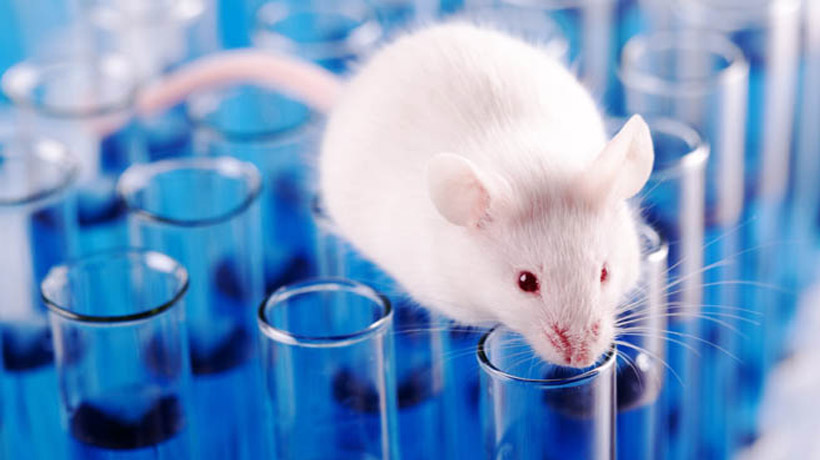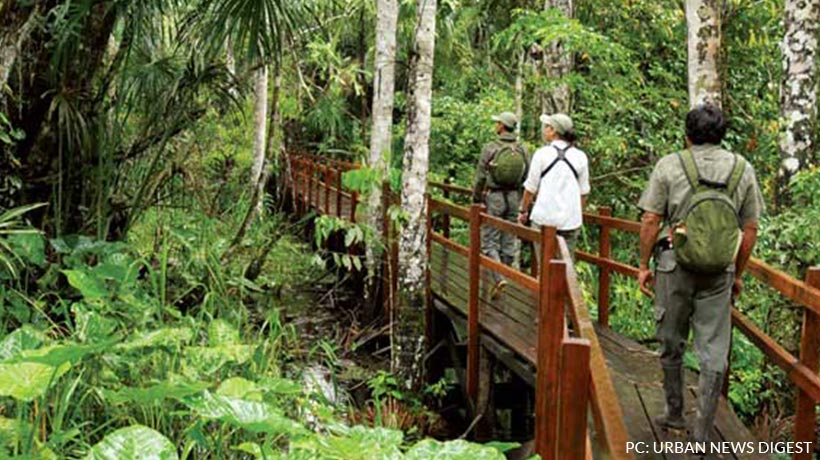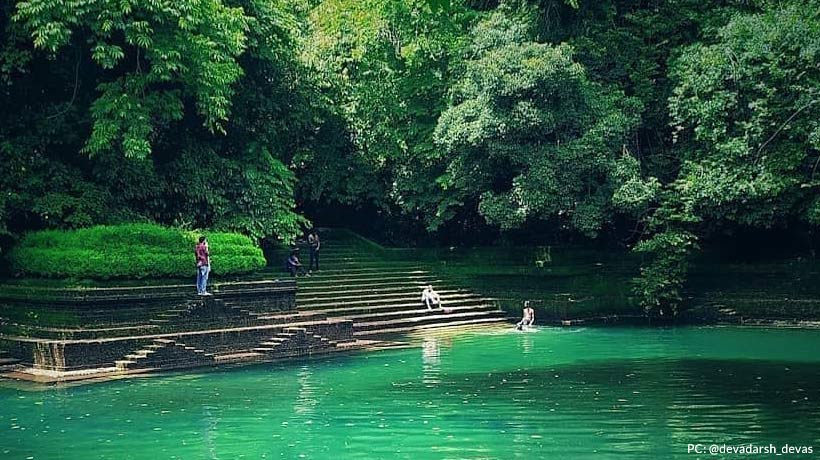There are more than 7 billion people on Earth. Imagine if one single person commits to doing one which can save wildlife, we can make a major impact if we all stand in unity together. Human & Human Activities are the greatest threat to the survival and well-being of wildlife today. Once we decide to help and save wildlife, it is super easy, no matter how old you are. Check out these top 10 ways to get a jump start on making a huge difference to our lives as well as the living beings who depend on us.
Go Vegan
Going vegan means that you stop wasting, wearing, or using anything that comes from any animal, such as meat, milk, eggs, or leather. Just by going vegan, you\’ll save the lives of nearly 200 animals a year. Isn\’t that awesome?

Buy Cruelty-Free
Animals shouldn\’t be blinded, poisoned, or burned just for the soap, shampoo, or sunscreen we use. But in labs across the country, these things are often done. Your family can take a stand against animal testing by using and using only vegan and animal test-free products. Just look at an item\’s package and see the ingredients it involves or it has some kind of cruelty-free logo.

Don\’t Support Animals in Entertainment
Animals are supposed to live in their natural habitat, they don\’t want to entertain us. Those used in movies, circuses, and roadside zoos usually can\’t be with their families or graze in their environment, which are all things they like to do. Refuse to support this cruelty by never going to any marine park or circus again.

Volunteer at Local Animal Shelter
All animal shelters are always in need of some kind of help. Whether you could walk dogs, or clean up. We bet a local shelter has a job for you. Call a shelter near you and ask if it needs any help. You could make a big difference in the lives of homeless dogs, cats, and other animals.

Pick-up Someone else\’s Litter
You know not to litter, but picking up someone\’s litter can save the life of an animal. Pick up any plastic bag you find on your way. Pick up any plastic items, fishing line, anything that can be mistaken for food, pick them up, and put them in a trash can.

Reduce Your Environmental Impact
Try to have the smallest possible negative impact or environmental footprints you can, then reduce your footprint more. Start with traveling slowly that includes, taking a walk, riding a bicycle, or using public transports.

Be a Whistle-blower
Contact your local authorities immediately if you see any illegal or immoral activities like poaching, wildlife collecting, or trafficking. Don\’t stay silent, contact the wildlife department by any means.

Cut out Dissection
If your class is planning to dissect animals, ask your faculties for humane activity instead of harming an animal. They can teach using other means such as performing a dissection virtually. That way, you can learn easily and an animal can be saved.

Teach the Kids & your Friends
Share with your friends and kids you know why you\’ve decided to stick up for animals and encourage them to get involved. Kids, being kind-hearted, will learn easily to help out animals.

Go Outside & Connect with Wildlife
Take a walk and see and enjoy the wildlife all around you, the birds, the reptiles, and so many mammals. Spend time outside appreciating, enjoying, and learning about wildlife.

So, try & save animals & wildlife, wherever you travel around the world. As this is what we all have in common.




